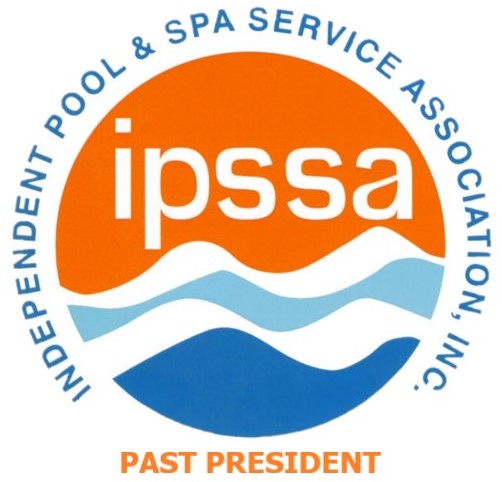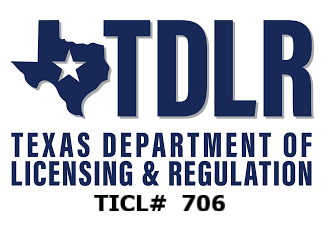Average Cost to Renovate a Pool: A Comprehensive Guide
Are you planning to rejuvenate your swimming pool with fresh plaster? Pool plastering not only enhances the aesthetics of your pool but depending on your material selections it can play a crucial role in its longevity and daily maintenance costs. One of the most important questions pool owners have is, "How much will it cost me?" Understanding the costs involved can help you budget effectively for your pool renovation project.
What Does Re-Plastering Involve?
Before diving into costs, it is essential to understand what pool plastering entails. Pool plaster is a water-resistant layer applied to the pool's interior, providing a comfortable, durable surface for swimmers. Over time, the plaster can wear out due to constant exposure to chemicals, water, and weather conditions. Replastering is necessary to maintain the pool's integrity, prevent leaks, and keep it looking its best.
Factors Affecting the Cost to Plaster a Pool
The cost varies greatly depending on several factors:
- Plaster Preparation: One of the reasons for plaster failure is due to companies that do not prep your pool to industry standards. Some of these steps are not done properly or not at all and are the biggest reasons pools need to be replastered before their normal life expectancy. An improperly prepped pool can lead to a much more expensive replaster when it you have to replaster again. Prepping correctly is the main difference between companies that try to offer lower prices.
- Pool Size and Shape: Larger pools require more materials and labor, increasing the overall cost. Uniquely shaped pools may also cost more due to the complexity of the plastering process.
- Type of Plaster: Basic white plaster is the most affordable option, but you can also choose from premium finishes like quartz, pebble, or polished aggregate. The material you choose has a significant impact on the cost.
- Location: The cost of plastering a pool can vary depending on your geographic location. Areas with higher living costs or limited availability of skilled labor may see higher plastering prices.
- Condition of the Existing Pool Surface: If your pool’s surface has extensive damage, such as cracks or large chips, repairing it before plastering will add to the cost.
- Additional Features: Custom features like steps, benches, spas, tile work, mosaics, or waterline finishes can increase the price.
Breakdown of Average Costs of Pool Plaster and Their Life Expectancies
Let’s explore the estimated costs involved in pool plastering.
- Standard White Plaster: Typically ranges from $4,000 to $5,500 for a standard-sized pool. Standard white plaster is not manufactured as strong as it used to be 20 years ago and it’s life expectancy is much less. Due to it being the softest and most porous plaster it can start showing signs of aging between 2-5 years, early or later depending on water quality.
- Upgraded White Plaster: High quality white plaster typically ranges from $5,000 to $6,500 for a standard-sized pool. High-grade plaster is durable and provides a clean, classic look. This plaster can have a 5–7-year manufacturer's warranty when applied by an authorized company with life expectancies of 15-18 years.
- Quartz Finishes: Quartz is an entry price into exposed aggregate finishes. If you opt for a quartz finish, you can expect to pay between $6,000 and $10,000. Quartz finishes offer multiple color options but due to their exposure are rougher than a troweled finish. Maintenance, brushing, chemicals and water circulation are all increased due to the increased surface area of the exposed rougher aggregate. Quartz plasters can have 10-year manufacture warranties when applied by an authorized company with life expectancies of 10-15 years.
- Pebble Finishes: Pebble plaster finishes offer a textured, natural look and are more durable over quartz finishes. The average cost to plaster a pool with pebble finishes is typically around $8,000 to $14,000. This finish can last longer than quartz finishes with proper maintenance, making it a long-term investment. Maintenance, brushing, chemicals and water circulation are the highest with pebble finishes due to the highly increased surface area of the exposed textured aggregate. Pebble plasters can have a 10-year manufacturer’s warranty when applied by an authorized company with life expectancies of 15-18 years.
- Polished Aggregate Finishes: Polished plasters are the smoothest and most durable of plasters. This option can cost you between $8,000 and $14,000. Polished aggregate finishes offer an elegant look and increased durability with the longest life expectancy. Polished plasters can be polished up to 2-3 times in their lifetime and make them the best option for the longest-term applications. Polished plasters can have up to a 15-year manufacturer’s warranty when applied by an authorized company and have a life expectancy of 25 years or more.
Additional Costs to Consider
- Repairs: If your pool requires significant repairs before plastering, this can add $1,000 to $3,000+ to the overall cost, depending on the extent of the damage.
- Tile & Coping Work: If you are replacing your tile and coping, this can add $2,500 to $8,000+ to the overall cost, depending on the amount of materials and their costs.
- Drain and Refill: You will need to refill your pool before and after the plastering process, which could add a few hundred dollars to your budget, depending on local water costs. Do not drain your pool in wet conditions and holes MUST be put in the pool as soon as it is drained.
Is Pool Plastering Worth It?
The initial investment in plastering may seem high, but it is essential for maintaining your pool’s functionality and aesthetics. Regular maintenance, including resurfacing with high-quality plaster, structural damage, and costly repairs down the line. Moreover, updating your pool with a new plaster finish can significantly enhance its visual appeal and increase your property’s value.
Conclusion
The average cost to plaster a pool can vary significantly depending on the size of your pool, the type of plaster you choose, and other additional factors. For a standard-sized pool, you can expect to spend between $4,000 and $14,000 depending on the finish. Investing in high-quality plaster and proper maintenance can extend the life of your pool, keeping it beautiful and functional for years to come.
If you are considering plastering your pool, be sure to consult with us for details that will matter to you and only a few companies will take the time to talk to you about the key details of the materials you are choosing. Ultimately, the cost is a worthwhile investment to ensure your swimming pool remains a comfortable, inviting, functional, and safe space for you and your family.
With this guide, you now have a comprehensive understanding of the average cost to plaster a pool and the factors influencing the price.

